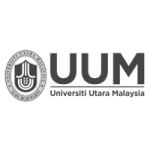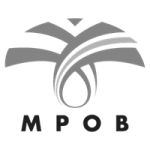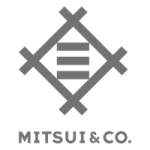Training Profile: Certified ESG Assurer Training Program: 5-Day Comprehensive Course
Training Code: TP95
Level: Advanced
Duration: 3 days
Course Introduction
The Certified ESG Assurer Training Program is an advanced 5-day course designed to equip participants with the knowledge and skills necessary to effectively assess and assure Environmental, Social, and Governance (ESG) practices within organizations. This program focuses on the interpretation and application of ESG standards, legal requirements, and best practices to ensure organizations meet global sustainability expectations.
This advanced program is tailored for professionals with prior knowledge of ESG fundamentals and is designed to enhance expertise in ESG assurance, risk assessment, and reporting at an in-depth level.
Course Objectives
- Provide a thorough understanding of ESG concepts, principles, and frameworks.
- Equip participants with the skills to assess and assure ESG practices within organizations.
- Guide participants in developing and implementing effective ESG management systems.
- Offer practical insights into ESG reporting and disclosure requirements.
- Prepare participants for ESG certification processes and audits.
Target Participants
- Sustainability professionals and consultants.
- Corporate governance officers.
- Environmental and social risk managers.
- Auditors and compliance officers.
- Individuals seeking to enhance their ESG assurance capabilities.
Course Outline
Module 1: Introduction to ESG
- Terms and definitions.
- Overview of ESG frameworks and standards.
- Importance of ESG in today’s business environment.
- Global trends and regulatory developments in ESG.
ESG Standards and Certification Processes
- Detailed review of key ESG standards (e.g., GRI, SASB, TCFD).
- Understanding ESG certification schemes and their structures.
- Scope of ESG certifications and audit durations.
- Integration of ESG standards into existing management systems.
ESG Management Systems
- Developing an ESG management system structure.
- Certification procedures according to relevant ISO standards.
- Evaluating the effectiveness of ESG management systems.
- Conducting internal audits and management reviews.
- Establishing communication procedures for ESG matters.
ESG Documentation and Legal Requirements
- Creating policies, procedures, and management plans for ESG.
- Managing documented information related to ESG aspects.
- Understanding applicable laws and ensuring legal compliance.
- Handling approvals, permits, licenses, and certificates related to ESG.
ESG Performance and Reporting
- Implementing traceability procedures and mechanisms.
- Assessing environmental aspects and impacts.
- Developing waste management and disposal plans.
- Managing energy consumption and water resources.
- Measuring and reporting greenhouse gas emissions.
- Preparing for ESG audits and continuous improvement.
Course Delivery
This course will be conducted using a combination of lectures, group discussions, and practical exercises to ensure a comprehensive understanding of ESG assurance practices.
Contact Information
Any interested can email to admin@osh-isis.com
Why Choose OSH-ISIS
OSHISIS provides professional services designed to develop dynamic management systems for industry stakeholders. Our solutions include:
- OSH Training
- OSH Smart Tools
- OSH Consultancy
- OSHE&Q Facilitation
For more information, visit our website or contact us directly.







